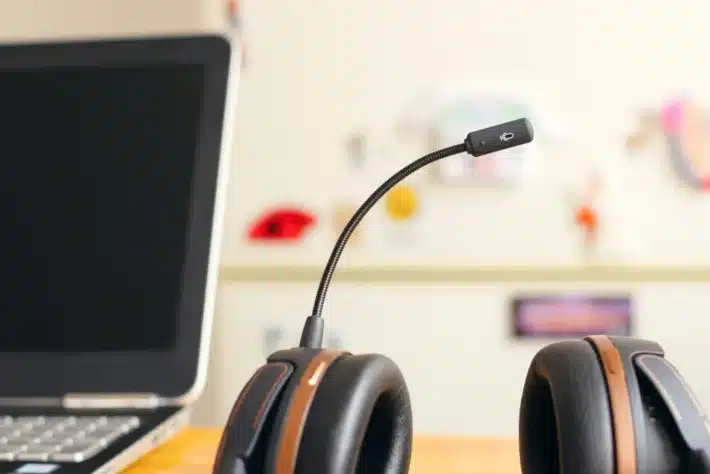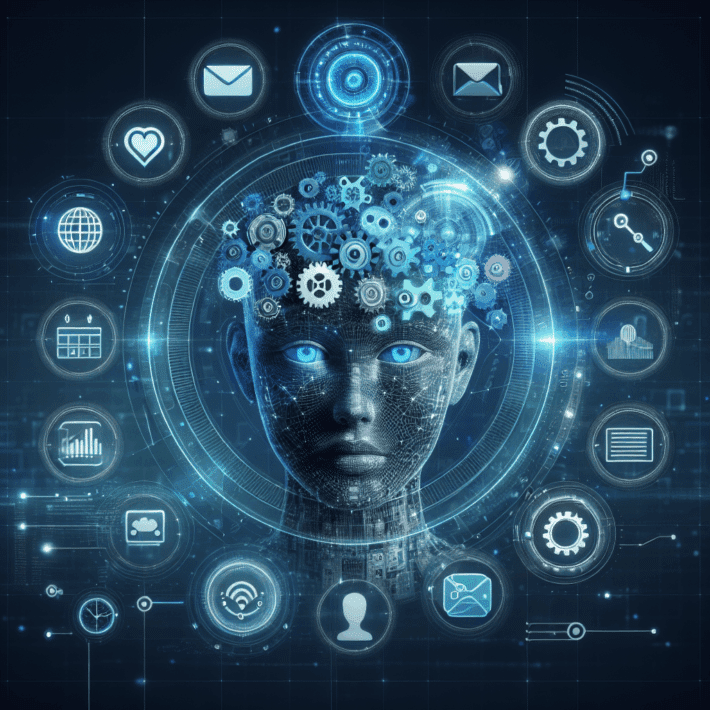Is AI Making Us Dumber? Microsoft Thinks So.

Microsoft Study Finds AI Makes Human Cognition “Atrophied and Unprepared” — Oh No.
researchers from Microsoft and Carnegie Mellon University explored how generative AI tools are impacting our brains—and the findings are a bit unsettling. Turns out, the more we lean on AI to handle tasks, the less we engage in critical thinking. It’s like outsourcing our brains and forgetting to keep a backup.
The Study in a Nutshell
The researchers surveyed 319 professionals who use AI in their daily work. These participants provided 936 examples of how they incorporate generative AI tools into tasks like creating presentations, generating trading strategies, or drafting educational materials. The study aimed to assess their confidence in AI’s abilities, their own skills without AI, and how critically they evaluated AI-generated outputs.
Key Findings
- Overconfidence in AI: Participants who trusted AI’s capabilities tended to skip the critical thinking part. They accepted AI outputs at face value, leading to a decline in their own analytical skills.
- Reduced Cognitive Engagement: When AI handled routine or low-stakes tasks, users often disengaged mentally. This lack of engagement could lead to a deterioration of problem-solving abilities over time.
- Homogenized Outputs: The study found that AI users produced less diverse results compared to those who didn’t use AI. This suggests a reliance on AI can stifle creativity and individual judgment.
Why Should We Care?
While AI can boost efficiency, there’s a trade-off. By letting AI do the heavy lifting, we risk dulling our cognitive skills. It’s like using a GPS for every trip and then forgetting how to read a map. In high-stakes professions—like healthcare or finance—this could have serious consequences.
Balancing Act
The researchers aren’t suggesting we ditch AI altogether. Instead, they advocate for a balanced approach:
- Stay Engaged: Even when AI handles tasks, remain involved. Review and question AI outputs to keep your critical thinking sharp.
- Use AI as a Tool, Not a Crutch: Leverage AI to enhance your work, but don’t become overly dependent. Ensure you’re still honing your own skills.
- Foster Diversity in Thought: Encourage a variety of approaches and solutions, whether they’re AI-generated or human-derived. This can prevent the homogenization of ideas.
Final Thoughts
AI is a powerful tool, but it’s not a substitute for human judgment. As we integrate AI into our workflows, it’s crucial to remain vigilant and ensure we’re not letting our cognitive muscles atrophy. After all, a tool is only as good as the person using it.


